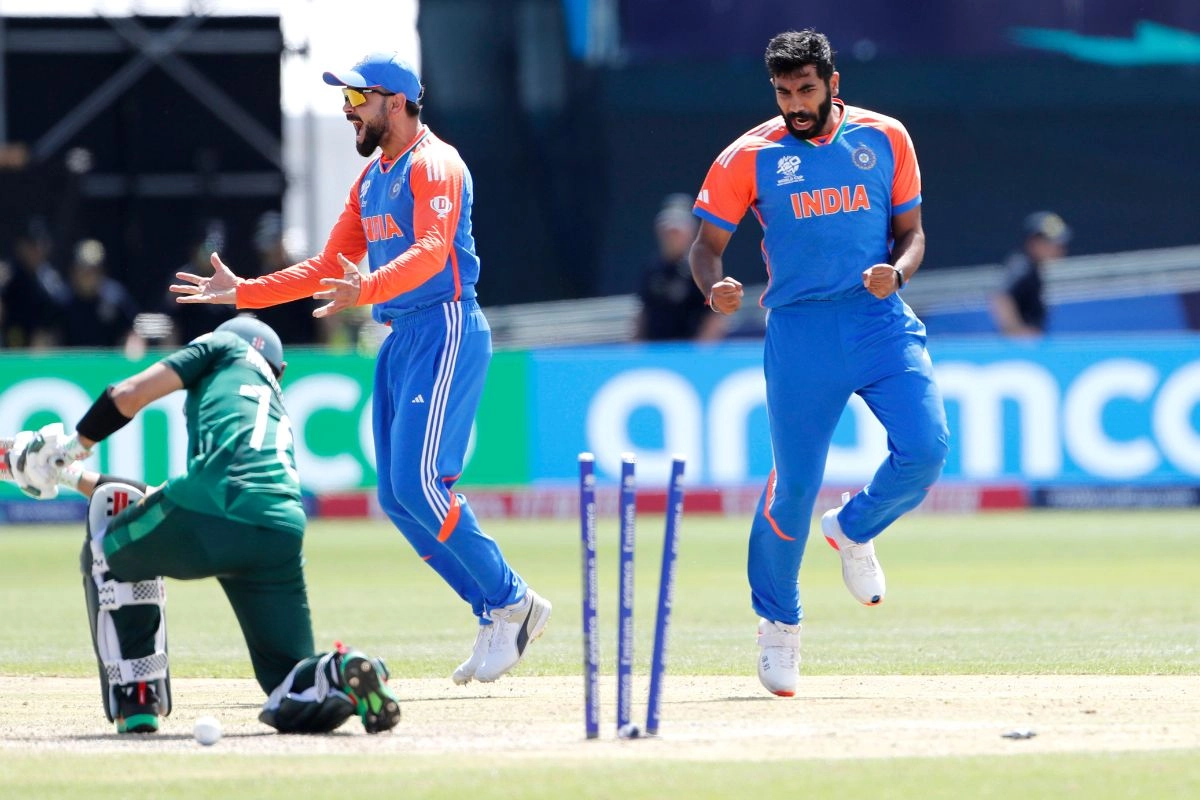The recent attack in Pahalgam has sparked significant tension between India and Pakistan, particularly affecting the realm of cricket, which has historically been a platform for both nations to engage in intense competition and camaraderie. The incident has led to calls for boycotting Pakistani cricket, a move that could have profound implications for the Pakistan Cricket Board (PCB) and its players. The call for a boycott reflects a broader sentiment in India, where many believe that sports should not occur in a context of ongoing hostility and violence. This perspective is fueled by the belief that engaging in matches with Pakistan could be seen as legitimizing or normalizing the circumstances surrounding such attacks.
From a financial and operational standpoint, a boycott could severely impact the PCB. The board relies heavily on income generated from international fixtures, and losing matches against India would mean a significant reduction in revenue. India is one of the largest cricket markets in the world, and fixtures involving the Indian team usually draw massive audiences, translating into lucrative broadcasting and sponsorship deals. Moreover, the emotional and psychological impact on Pakistani players, who often view these matches as not just games but as contests that hold national pride, cannot be overstated. For many players, the absence of these encounters diminishes the sport’s competitive spirit and could affect their performance and morale.
Furthermore, the boycott could have longer-term consequences for cricketing relations between the two nations. Historically, cricket has been a bridge that has facilitated dialogue and interaction between India and Pakistan, even during politically charged times. A severance of this relationship could lead to a prolonged period of estrangement, making it difficult for future generations of players and fans to enjoy the sport together. The PCB may need to explore alternative avenues for engagement, such as focusing on domestic leagues or seeking partnerships with other cricketing nations to maintain their relevance and financial stability.
In conclusion, the implications of the Pahalgam attack and the subsequent calls for a boycott go beyond immediate reactions; they strike at the heart of cricketing ties between India and Pakistan. It raises questions about the future of cricket in both countries and the role of sports as a medium for diplomacy or conflict resolution. As both nations grapple with the aftermath of such incidents, the future of cricket will depend not only on the decisions made by governing bodies but also on the willingness of fans and players to rise above political tensions and embrace the unifying spirit of the game.




